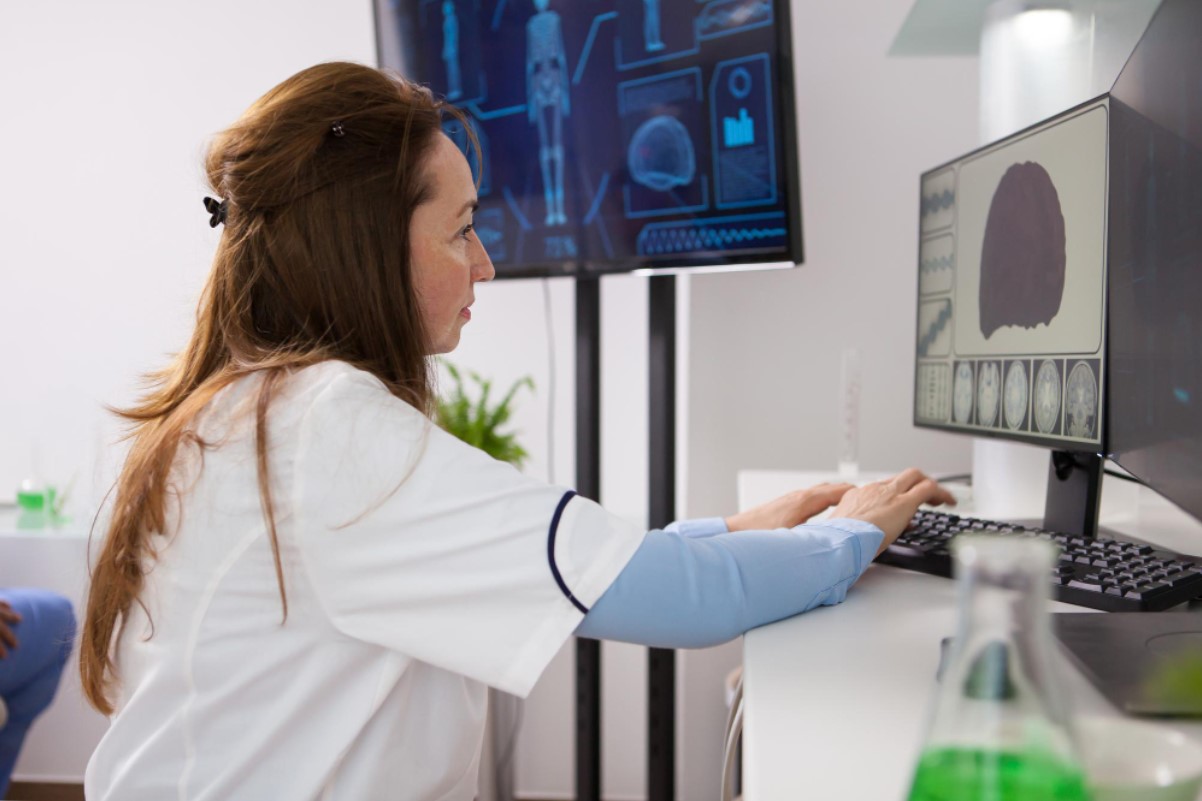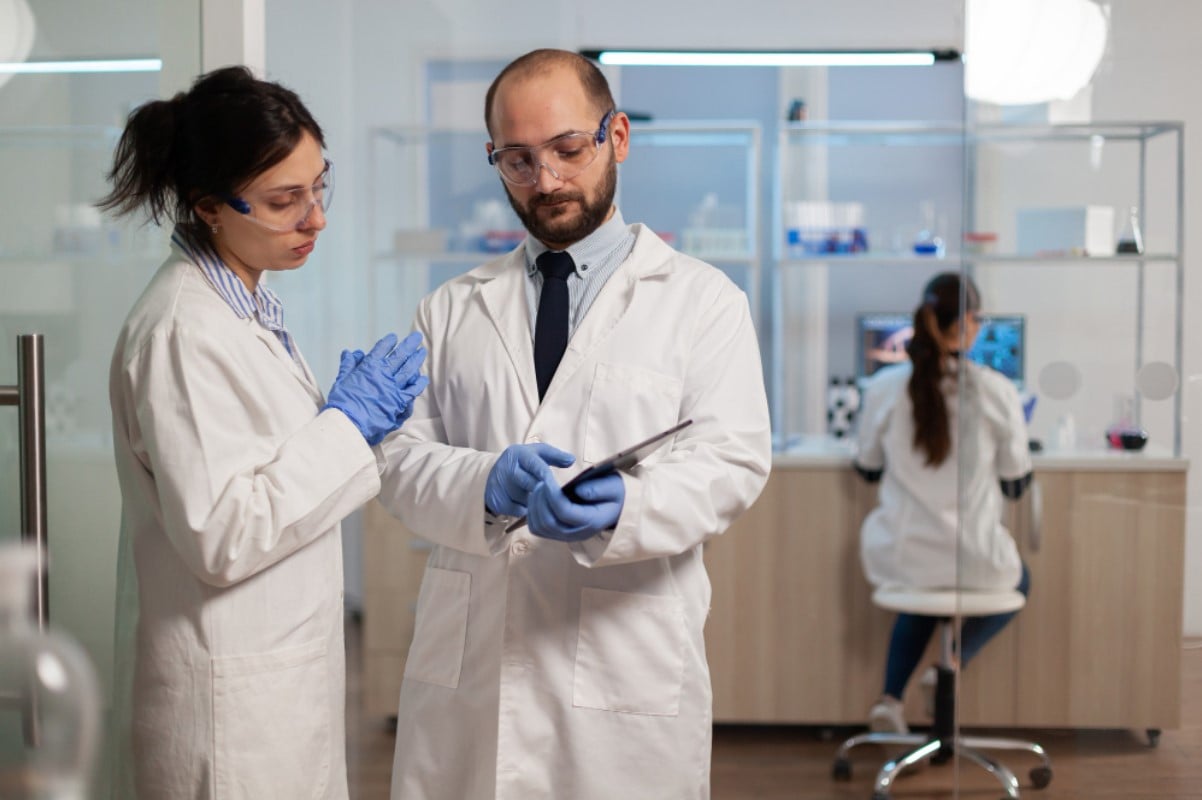Antimicrobial Resistance Has The Potential To Be ‘Worse Than Climate Change’
While the world threatens to boil as the climate crisis continues to surge, a new threat has medical officers concerned about the possibility of another global pandemic.
The rise of a superbug has England’s former chief medical officer worried, as it is becoming resistant to antibiotics.
The Threat of Antimicrobials
Dame Sally Davies, currently serving as the UK’s special envoy on antimicrobial resistance, disclosed that bacteria, viruses, fungi, and parasites are causing an increasing number of infections that healthcare providers can no longer effectively treat.

Source: National Cancer Institute/Unsplash
This is because the available medicines are not working against these newly evolved pathogens.
A New Pandemic
Davies says that this threat will “make some of COVID look minor” and is a “more acute issue than global warming.”

Source: Andrea Piacquadio/Pexels
According to The Guardian, the drug-resistant infection “paints a bleak picture of what could happen if the world fails to tackle the problem within the next decade.”
The Rise of Drug Resistance
Drug resistance could become a massive problem for the world. From day-to-day lives to the global economy, life-or-death situations are leaning more towards death as existing medicines are failing to be as effective as they once were.

Source: Christina Victoria Craft/Unsplash
Cesarean sections, cancer interventions, and organ transplantation will become more risky, causing doctors to hesitate to perform these life-saving operations.
Death Toll Rates Will Rise
The World Health Organization (WHO) predicts that the current death toll will rise to 10 million by the year 2050 if antimicrobial-resistant illnesses continue to persist (via The Week US).

Source: Freepik
To help counter the WHO’s prediction, the UK government is launching a national action plan to combat antimicrobial resistance.
The Plan in Action
In mid-May, the UK launched an antimicrobial resistance plan to “contain and control” these illnesses by 2040. It pointed to the progress already made in reducing antibiotic use in animals.

Source: Freepik
The government has already cut the sale of antibiotics for farm animals in half since 2014.
Using New Technology
“GPs will be ‘supported’ with new technologies such as AI to reduce antibiotic prescribing,” said Pulse. This new technology could help the government develop new medicines that can go into trials soon.

Source: Moyo Studio
The UK government says that “reducing unnecessary antimicrobial prescriptions is a core undertaking’ of the five-year plan, with the NHS providing GPs with tools to aid ‘decision support’ and ‘risk stratification.’”
Focusing on a Specific Group
The plan also highlights the need to focus on “non-medical prescribers” to aid the decision-making process regarding which drugs should be the focus for researchers.

Source: Freepik
Since health professionals other than doctors prescribe antibiotics, these prescriptions must align with the intentions of both the health professionals and the patients.
Reducing Antibiotic Use
“We will reduce avoidable human exposure to antimicrobials by supporting health and social care teams with decision support, risk stratification tools, and judicious use of diagnostic tests, underpinned by improved diagnosis coding, to inform shared decision-making and target antimicrobials to patients most likely to benefit,” the Government said.

Source: Freepik
The UK government aims to reduce the total antibiotic use in humans by 5 percent of the 2019 baseline by 2029.
The Five Year Goal
Over the next five years, the UK government will focus on “research, evaluation, and validation of AI technology” as a vital tool in NHS’s study.

Source: Arlington Research/Unsplash
The plan will also emphasize the “rapid, accurate diagnostic testing” available, which will help “reduce unnecessary prescribing and overprescribing” of antimicrobials.
Understanding the New Antimicrobials
“The nature of antimicrobial prescribing is changing with increasing numbers of non-medical prescribers, greater utilization of patient group directions in hospitals and the community, and a shift from face-to-face prescribing to virtual and online prescribing,” the plan reads.

Source: Freepik
“A better understanding of who (and how) antimicrobials are prescribed to is vital.”
Nothing to Worry About
While this issue might seem like something to start worrying about, don’t worry! Many viruses and bacteria mutate over time in response to the antibiotics they come in contact with, which can cause the medications used to be ineffective.

Source: Meruyert Gonullu/Unsplash
With time, money, and research, scientists can create new medicines to help limit the spread of new diseases.
